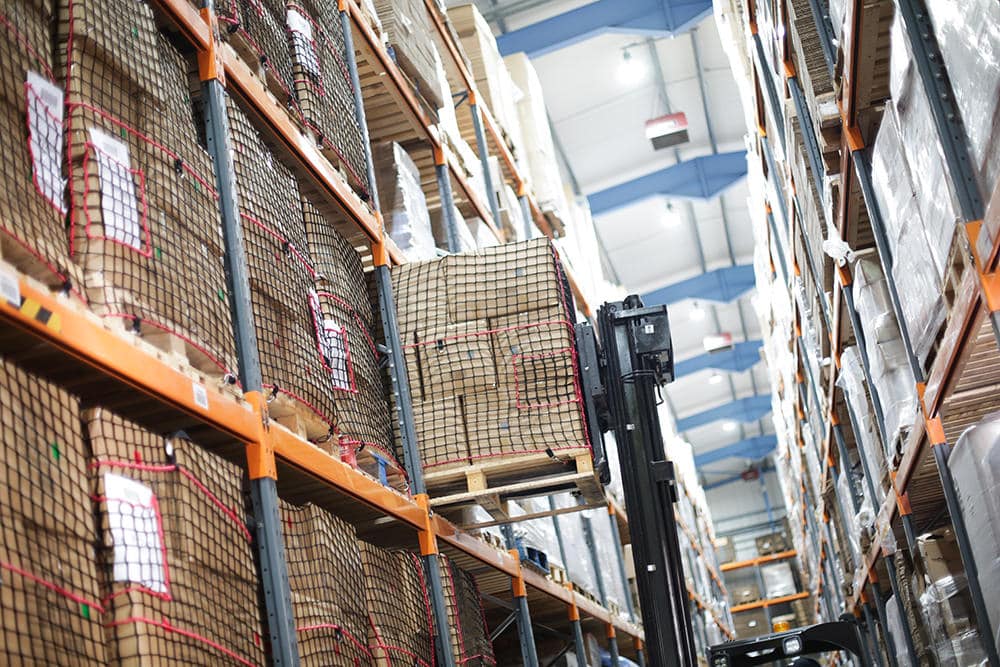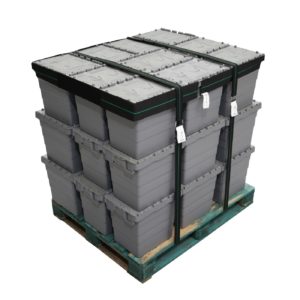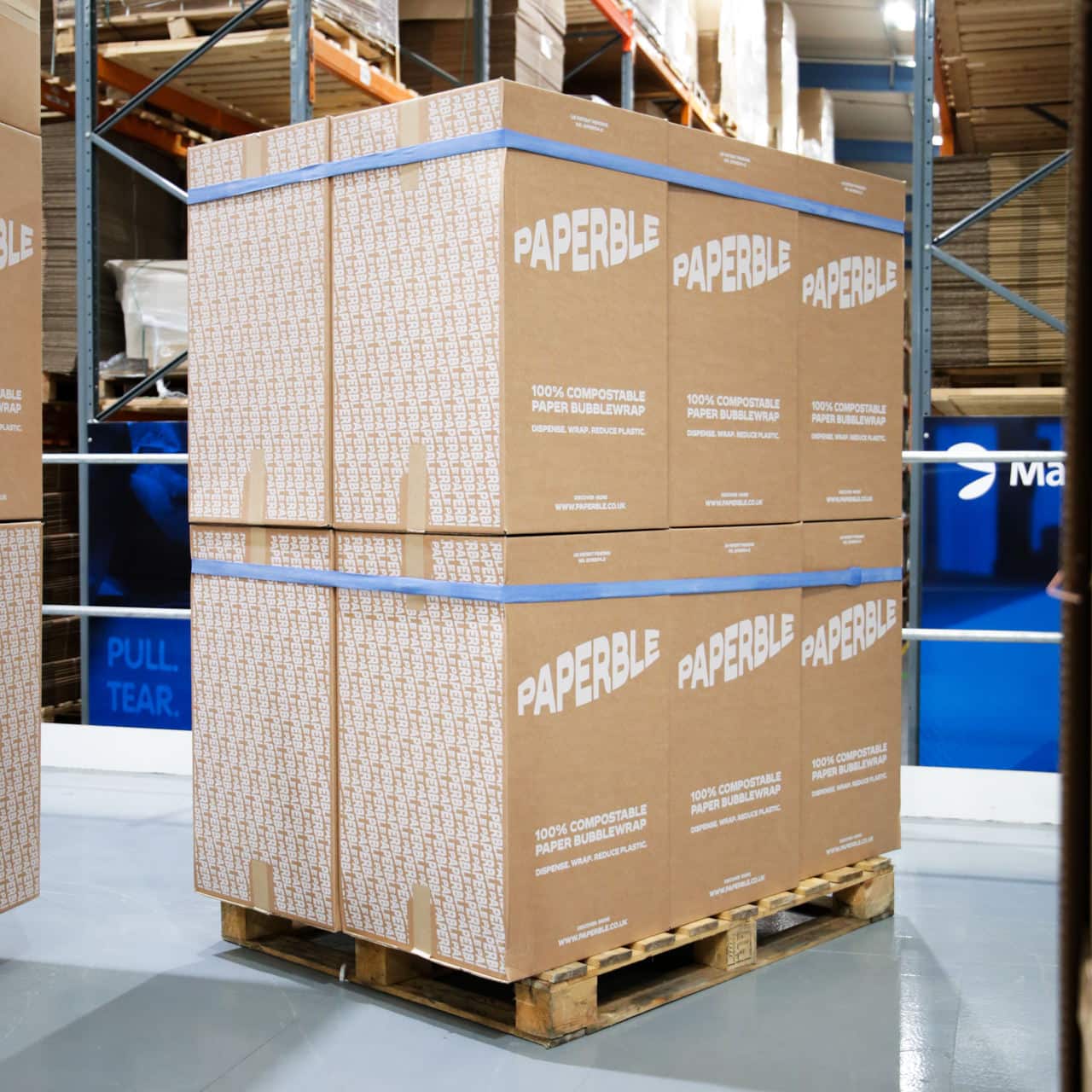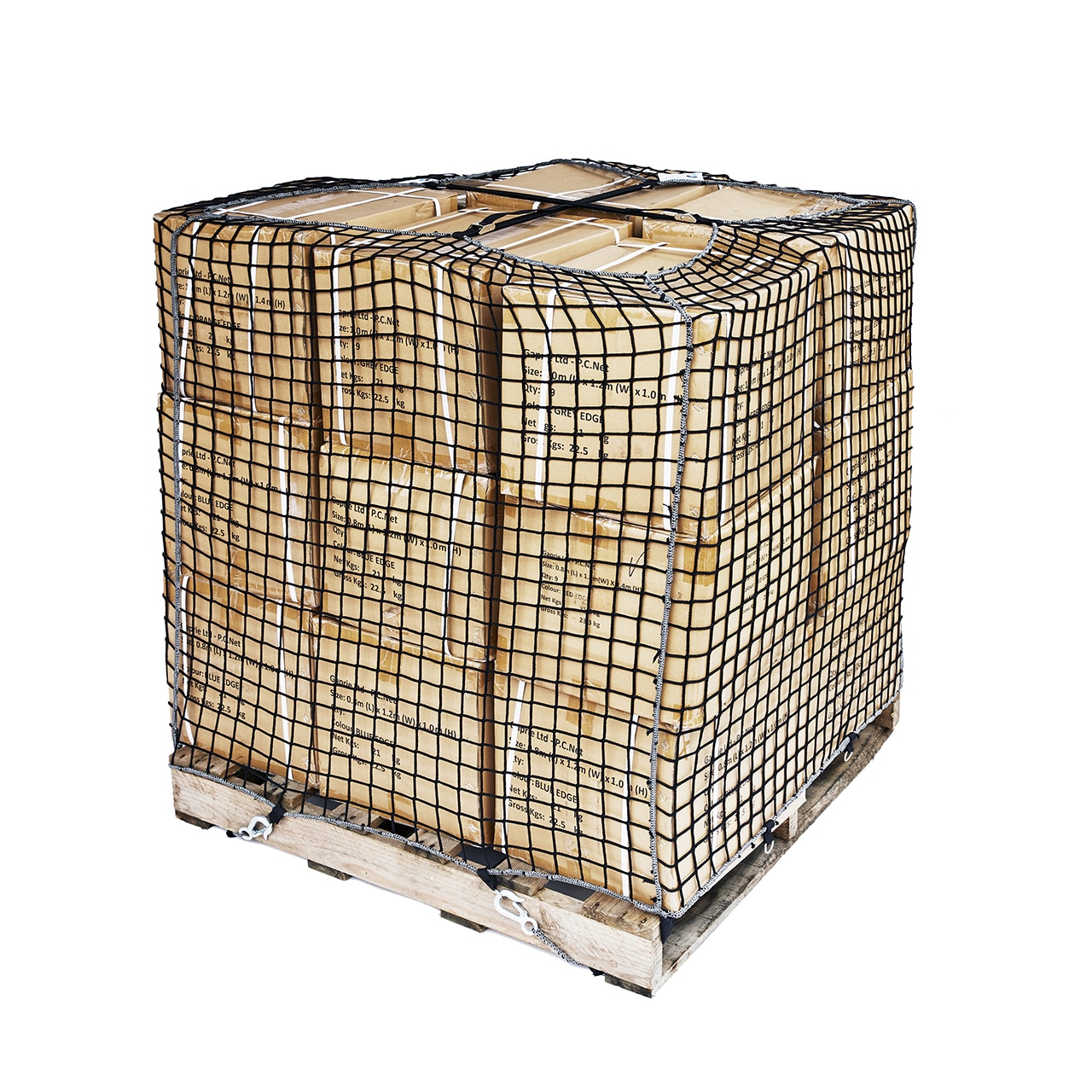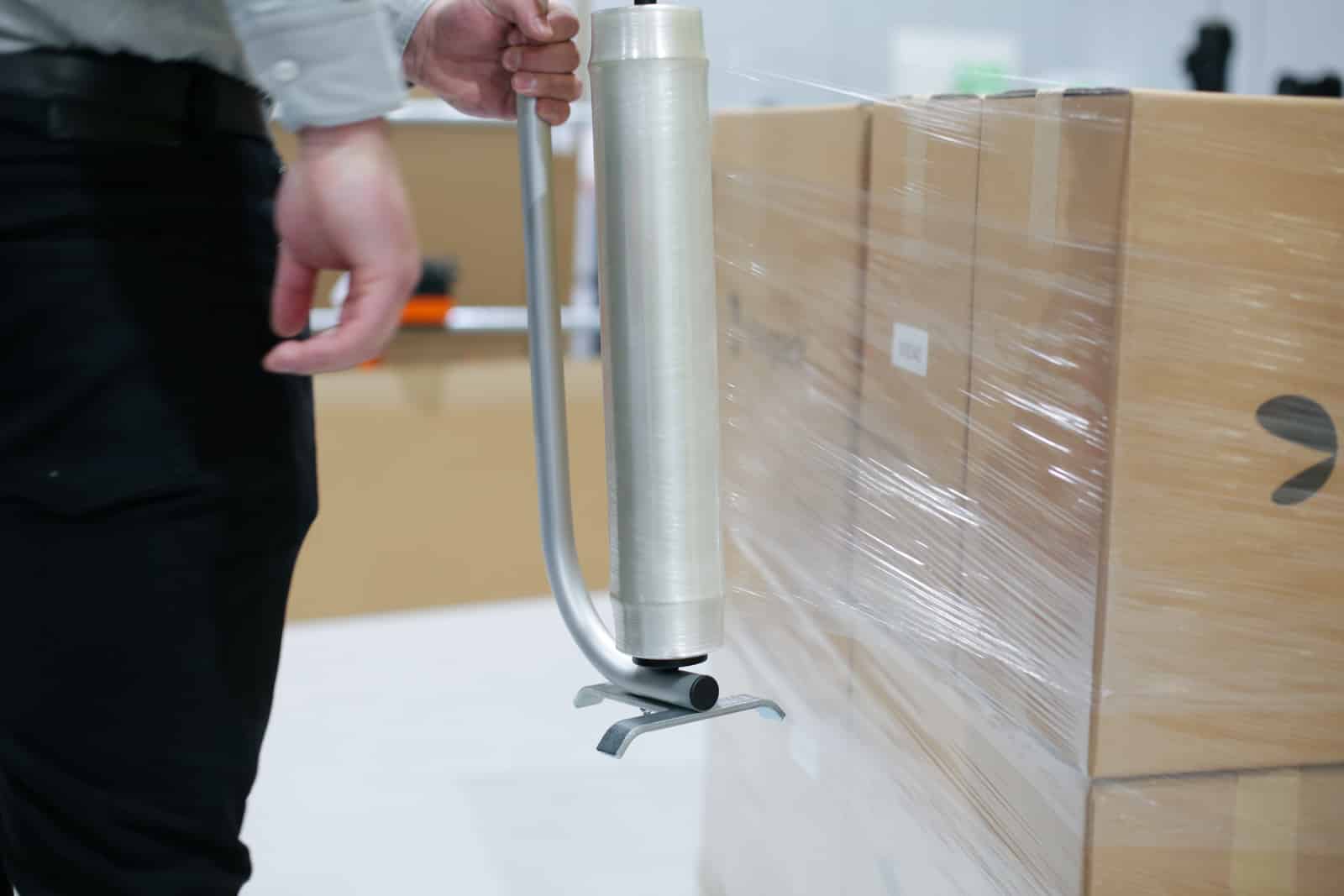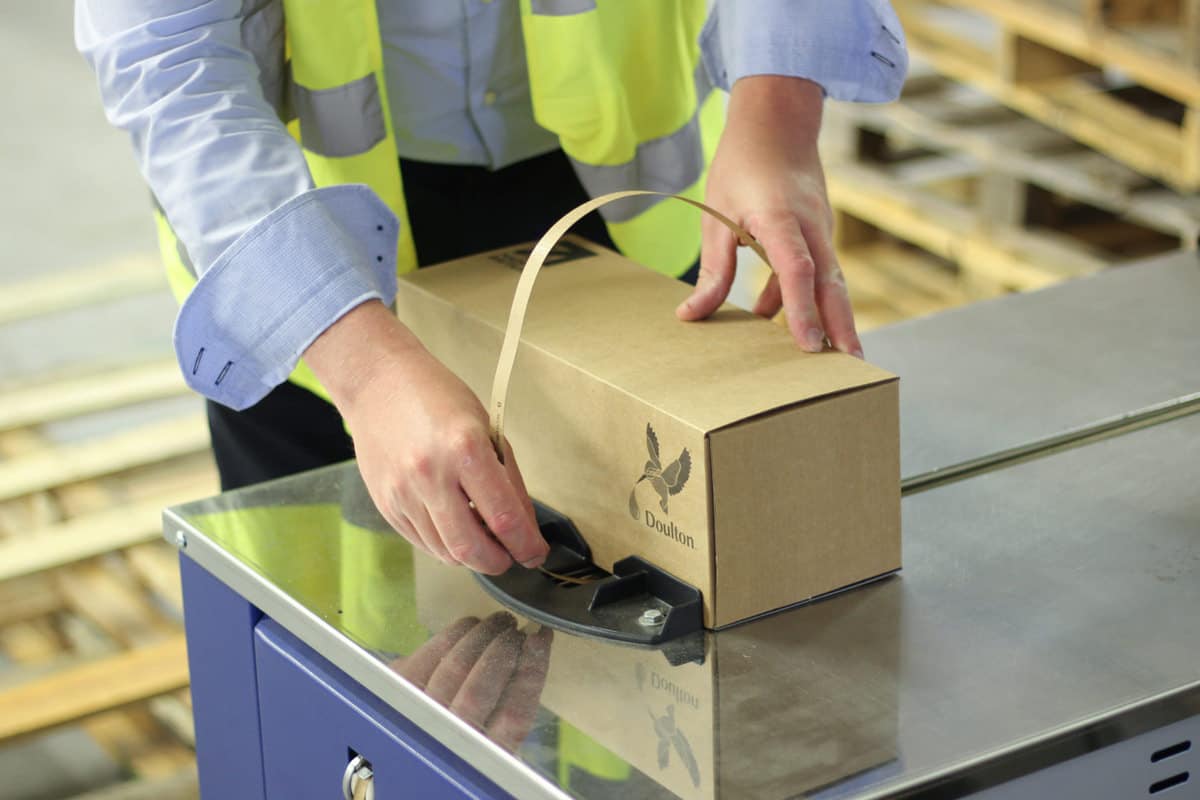So, what can be done to address these challenges?
There are several strategies that can be employed to reduce the environmental impact of pallet packaging.
Firstly, companies can explore the use of alternative materials for pallets. For example, some companies have started using pallets made from recycled materials or materials that can be easily recycled, such as plastic or metal. These alternative materials can reduce the environmental impact of pallet packaging by reducing the amount of waste generated and the amount of energy required for production.
Using alternative materials for pallets in a manufacturing company can bring several advantages. One of the primary benefits is environmental sustainability. Traditional wooden pallets have a significant environmental impact due to deforestation and the energy needed to produce, transport, and dispose of them. In contrast, alternative materials such as plastic, metal, or composite materials are more sustainable and can reduce waste and greenhouse gas emissions.
Another advantage of using alternative materials is improved durability and longevity. Pallets made from durable materials can withstand more wear and tear, reduce the risk of breakage, and help prevent product damage during transportation, leading to cost savings and increased efficiency.
Furthermore, alternative materials can offer greater flexibility in size, weight, and shape, allowing companies to customise pallets to fit specific product needs and storage requirements. This customisation can improve supply chain efficiency and optimise inventory management.
In summary, using alternative materials for pallets can bring significant benefits to manufacturing companies, including environmental sustainability, improved durability, flexibility, and cost savings. These benefits can ultimately lead to increased efficiency, competitiveness, and profitability for businesses.

